The Independent's journalism is supported by our readers. When you purchase through links on our site, we may earn commission.
Travel trends to watch in 2018: from millennial package holidays to responsible travel
Staycations, experiences and the first rule of Flight Club
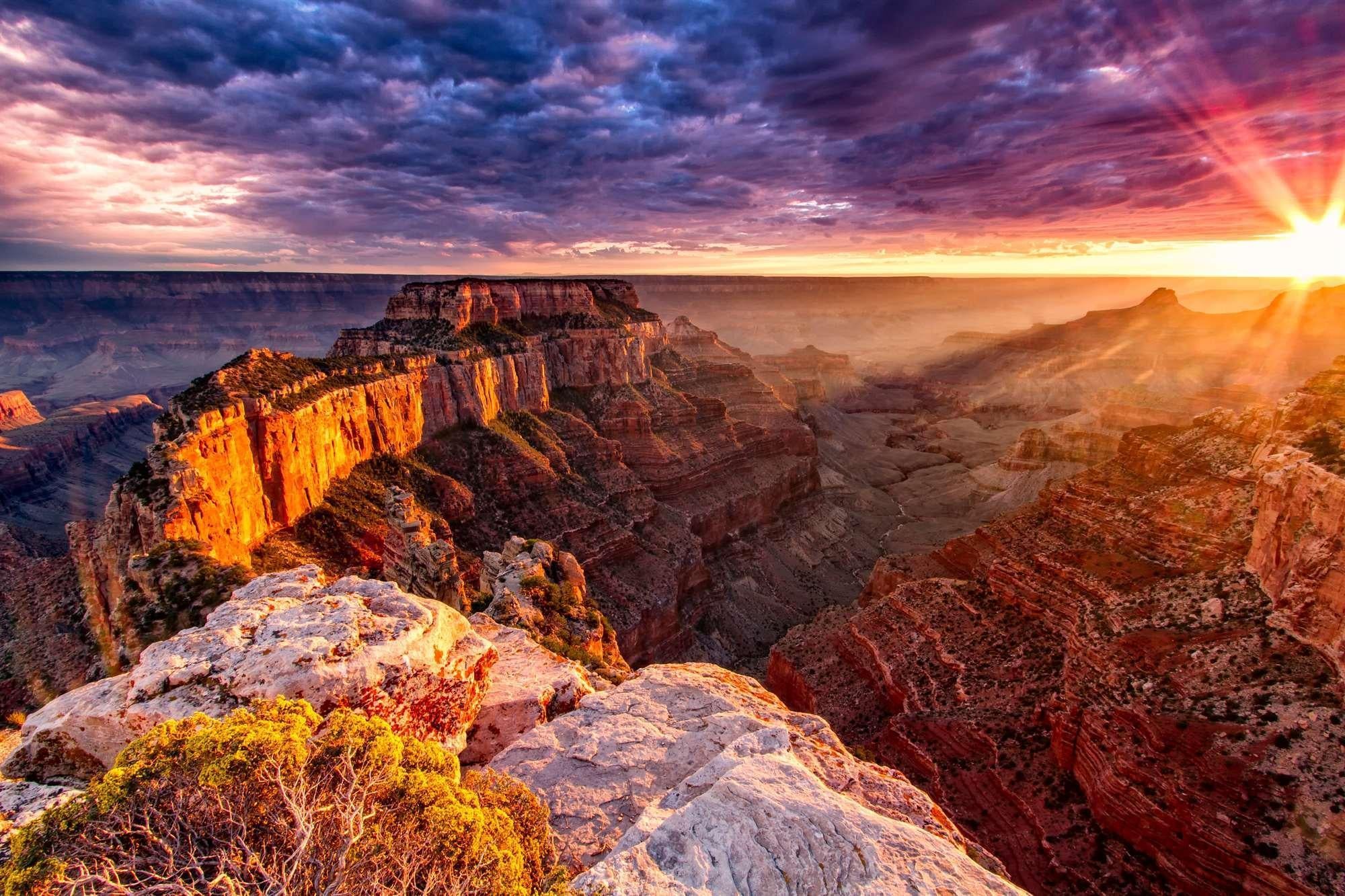
Your support helps us to tell the story
From reproductive rights to climate change to Big Tech, The Independent is on the ground when the story is developing. Whether it's investigating the financials of Elon Musk's pro-Trump PAC or producing our latest documentary, 'The A Word', which shines a light on the American women fighting for reproductive rights, we know how important it is to parse out the facts from the messaging.
At such a critical moment in US history, we need reporters on the ground. Your donation allows us to keep sending journalists to speak to both sides of the story.
The Independent is trusted by Americans across the entire political spectrum. And unlike many other quality news outlets, we choose not to lock Americans out of our reporting and analysis with paywalls. We believe quality journalism should be available to everyone, paid for by those who can afford it.
Your support makes all the difference.New routes, hotel openings, more Instagram tagging: anything could happen in 2018 in travel. We asked 13 industry experts what they think we’ll see this year. From hotels to package holidays, millennials to responsible travellers, here’s what they said.
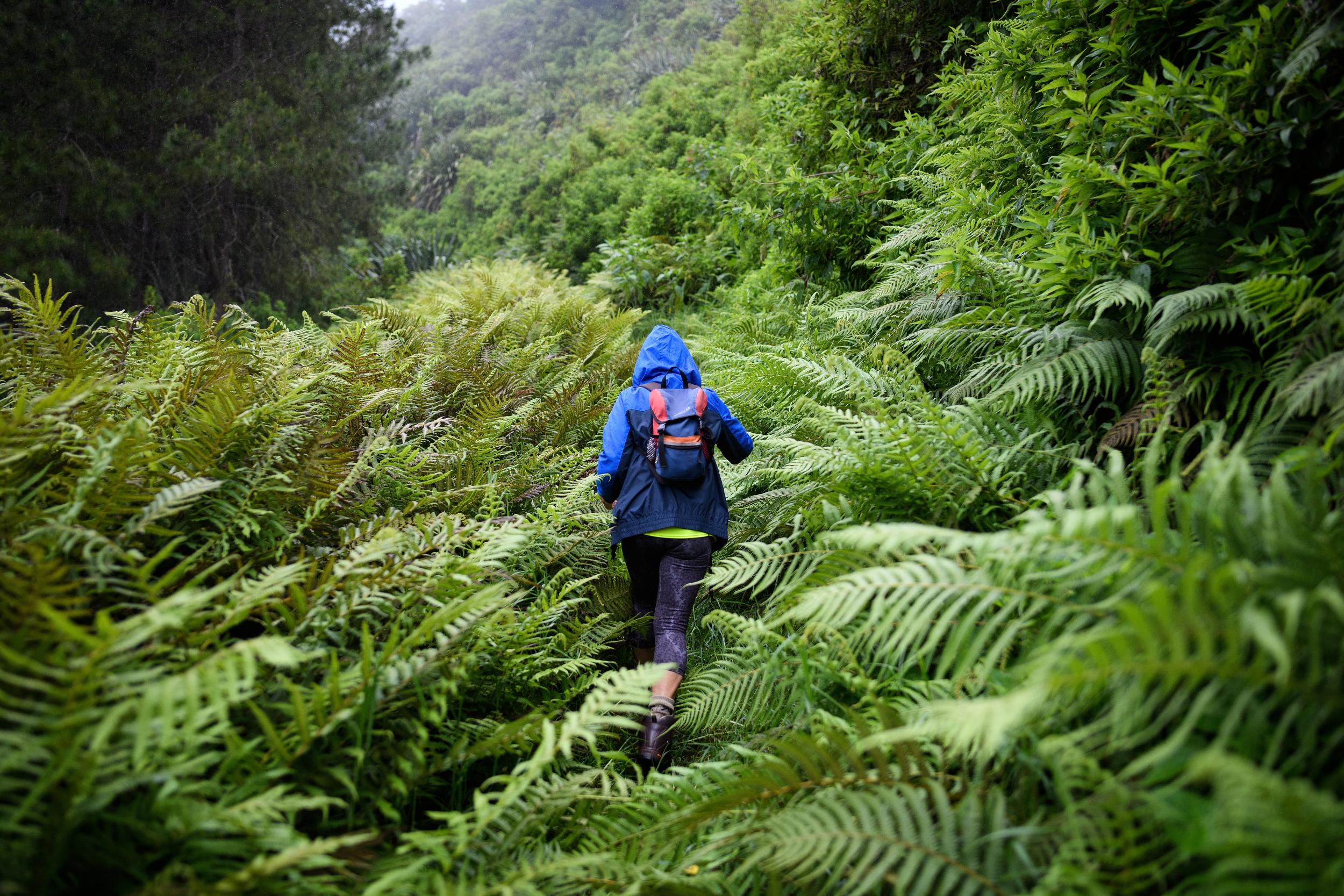
The state of travel: Kate Kenward, executive director, AITO
The events of 2017 have not deterred people’s appetite to go wandering, according to our Travel Insight Survey of 25,000 UK travellers. 11 per cent of those who responded said they would like to travel more; however, budgets are tighter, and those who spend less than £2,000 on their annual holiday will be spending slightly less this year – about 7 per cent less.
British holidaymakers appear to be getting much more active on holiday, as beach breaks move down from fourth position to fifth, being overtaken by wildlife holidays (fourth) and walking (third). The popularity of city breaks (most popular) could be indicative of the busier lives we lead.
Learning a new skill abroad is gaining momentum – I think we’ll see increases in expert-led study tours, gastronomy and wine tasting. Rail, cruising and wellness holidays also also going to get more popular this year. Italy was the most desired destination of 2018 in our survey, followed by France, Spain and Greece. But the USA, Canada, South America and Iceland came through as potentials, with island holidays in general showing some appeal.
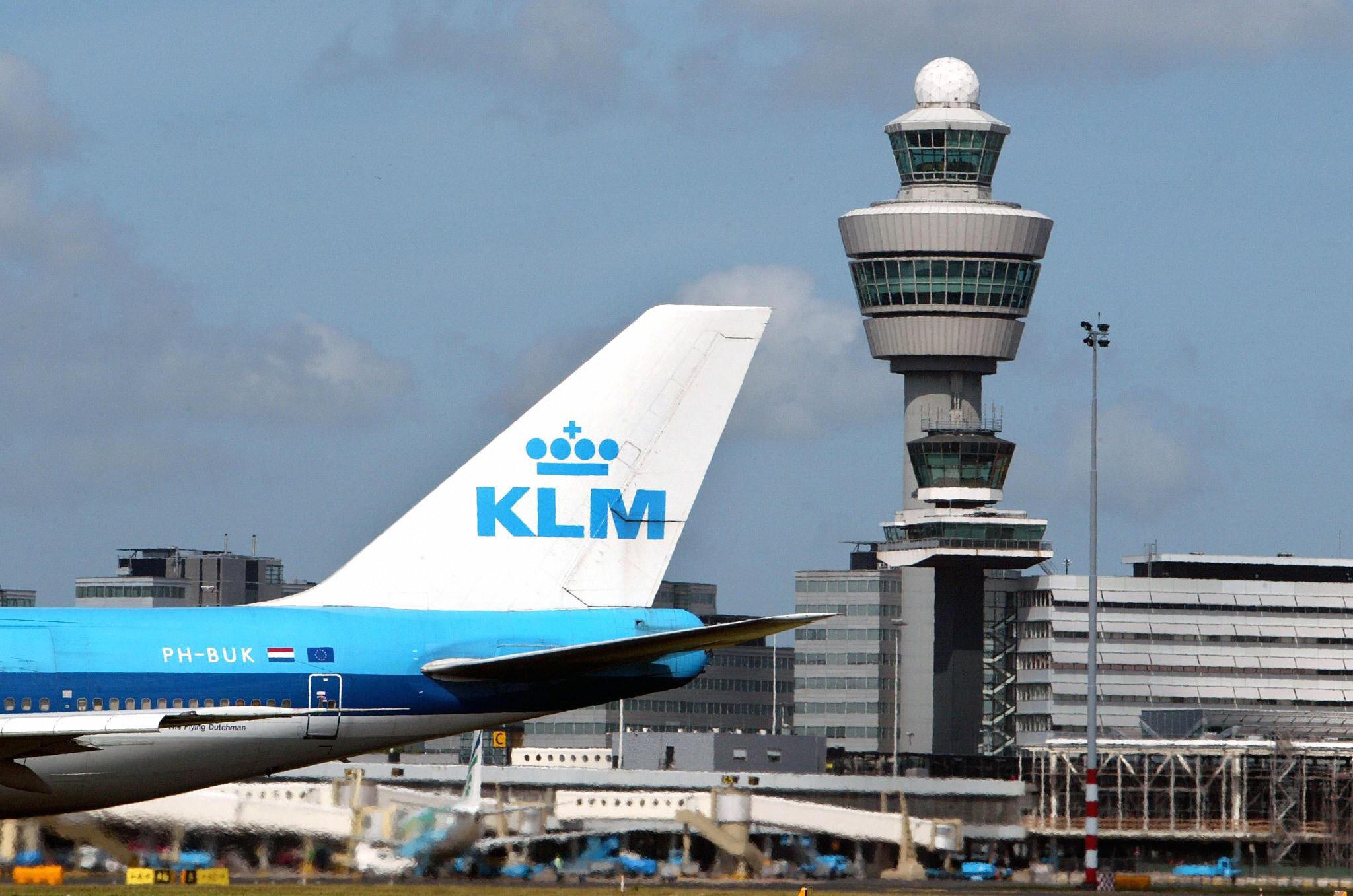
Flights: Jack Sheldon, Jack’s Flight Club
The number one aviation trend that will continue in 2018 is the continued rise of pay-for-what-you-use long-haul travel. Major international airlines will be doing everything possible to compete with the quickly growing long-haul budget airlines like Norwegian Air and Thomas Cook Airlines, by introducing lower ticket classes with more rigid fare rules and no checked bags. The Skyteam airlines (KLM, Air France, Delta, etc) will be the first major alliance to do this, starting in April 2018 on their transatlantic flights to North America. I expect other airlines to follow.
I’m also seeing more and more travellers willing to pay higher fares on ultra-long-haul indirect routes in order to avoid stops, and airlines are launching new routes to accommodate them. Qantas will commence service on its direct flights between London and Perth in March 2018, making it the longest flight (in distance covered) in the world. Singapore Airlines will be right behind them by re-introducing their direct route from New York to Singapore.
Hotels: Filip Boyen, CEO, Small Luxury Hotels of the World
We’re all aware of the “experience economy”, with consumers increasingly opting to indulge in memorable experiences in favour of investing in luxury items. In 2018, I think affluent travellers will be looking to get their hands dirty with “hands-on luxury” experiences, allowing them to create enriching, evocative memories for themselves.
From creating their own ambience to designing their dinner or even choosing the destination of the world’s first “wandering hotel”, these independently-minded travellers will be co-designing and customising their hotel experiences – not least so they can share them on social media. Instagram will continue to be hugely important as a showcase for hotels’ wares.
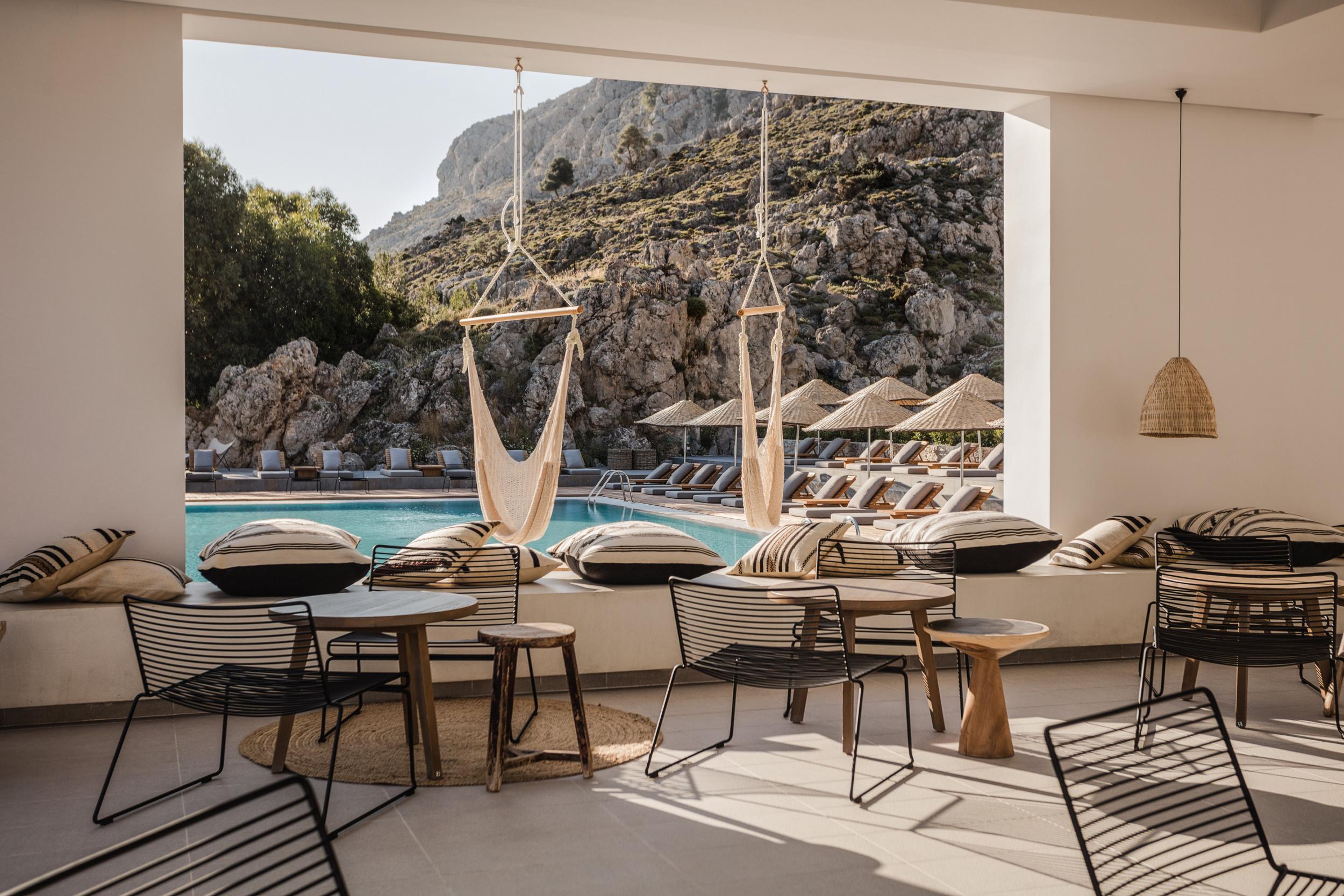
Package holidays: Chris Mottershead, managing director, Thomas Cook UK
Recognising the value and peace of mind that booking with a tour operator offers in uncertain times, holidaymakers who wouldn’t have previously considered booking a package holiday are now taking a second look.
The boutique and design hotels on offer that perhaps wouldn’t have traditionally been associated with package holidays are attracting a new holidaymaker, one that places an emphasis on interior design and food, and I expect this to continue with more millennials joining the more traditional package holidaymakers.
Going hand in hand with this trend, holidaymakers are also looking for a more personalised experience than ever before. They want the ability to unpack and personalise their package holiday through new and innovative services that can be added on to fit their holiday wishes. I expect the desire for greater personalisation to continue and grow throughout 2018.
Millennial travel: Donna Jeavons, sales & marketing director, Contiki
We recently conducted a major study into the travel habits of nearly 3,000 18-35 year olds, and found that in 2018, millennials are most eager to explore their neighbouring countries and experience the diverse European cultures that surround them. Spain topped the list of 2018’s must-visit destinations, with France, Italy, Belgium and Greece also in the top 10. It’s very likely that millennials are keen to make the most of Britain’s current EU status before Brexit plans take full effect.
Despite much talk of a “Trump Slump”, the USA actually came in as the second most popular destination that millennials want to travel to in 2018. Dominating current affairs, the United States has been in the press almost non-stop and events across the Atlantic have driven young Brits to engage with global politics. Travel is a big part of that engagement – 63 per cent of millennials that we surveyed indicated that travel shaped their perspective of global politics. Civil Aviation Authority figures predict that there will be over a million more Brits travelling to the States this year.

Responsible travel: Justin Francis, CEO, Responsible Travel
More than any year in the past two decades, responsible tourism will be front and centre in 2018. 2017 was dominated by “over-tourism” – in essence, local people saying they see far more downsides than upsides from tourism. Tourists, too, were finding overcrowding was detracting from their holidays.
Animal welfare issues in tourism – sad animal selfies, elephant riding, walking with lion cubs (bred to be slaughtered), orcas held in concrete tanks to perform tricks for tourists – will also remain high profile in 2018.
However, I think the emphasis will shift to ensuring local communities see more of the tourists’ money this year (currently, much of it leaches out to multinational tourism businesses). We’ll see more people making sure they stay in locally-owned accommodation or homestays, hiring guides from the local community, picking restaurants that source food locally and taking day trips to visit local producers and artisans, buying their products.
Increasingly tourists are seeing responsible tourism – working with local people around their culture and ways of life – as a more authentic way to travel. Doing the right thing leads to a more enjoyable experience.

Accessible travel: Srin Madipalli: accessibility product and program manager, Airbnb
Experiential travel has been a buzzword for a while now, but I think next year will be all about the rise of the accessible experience. I was bowled away by the opening of Morgan’s Inspiration Island in Texas in 2017 – the super high-tech, accessible waterpark for families.
In 2018, I think we’ll see accessible experiences for adults take off, too. There are already some great options out there, such as zipwiring with the Calvert Trust in the UK and the brilliant adaptive winter sports programme at Achieve Tahoe in the US.
But as the movement towards unique, local experiences continues, I think we’ll not only see a shift in standard tours becoming more inclusive but also an increase in the number of disabled travellers creating their own accessible local experiences. This could include anything from leading accessible craft beer tours to organising intimate gigs in accessible venues.
At the moment, organising accessible excursions when travelling can be a real pain. Being able to book onto an accessible experience with an expert local guide would be a welcome change – and I anticipate, hugely popular.
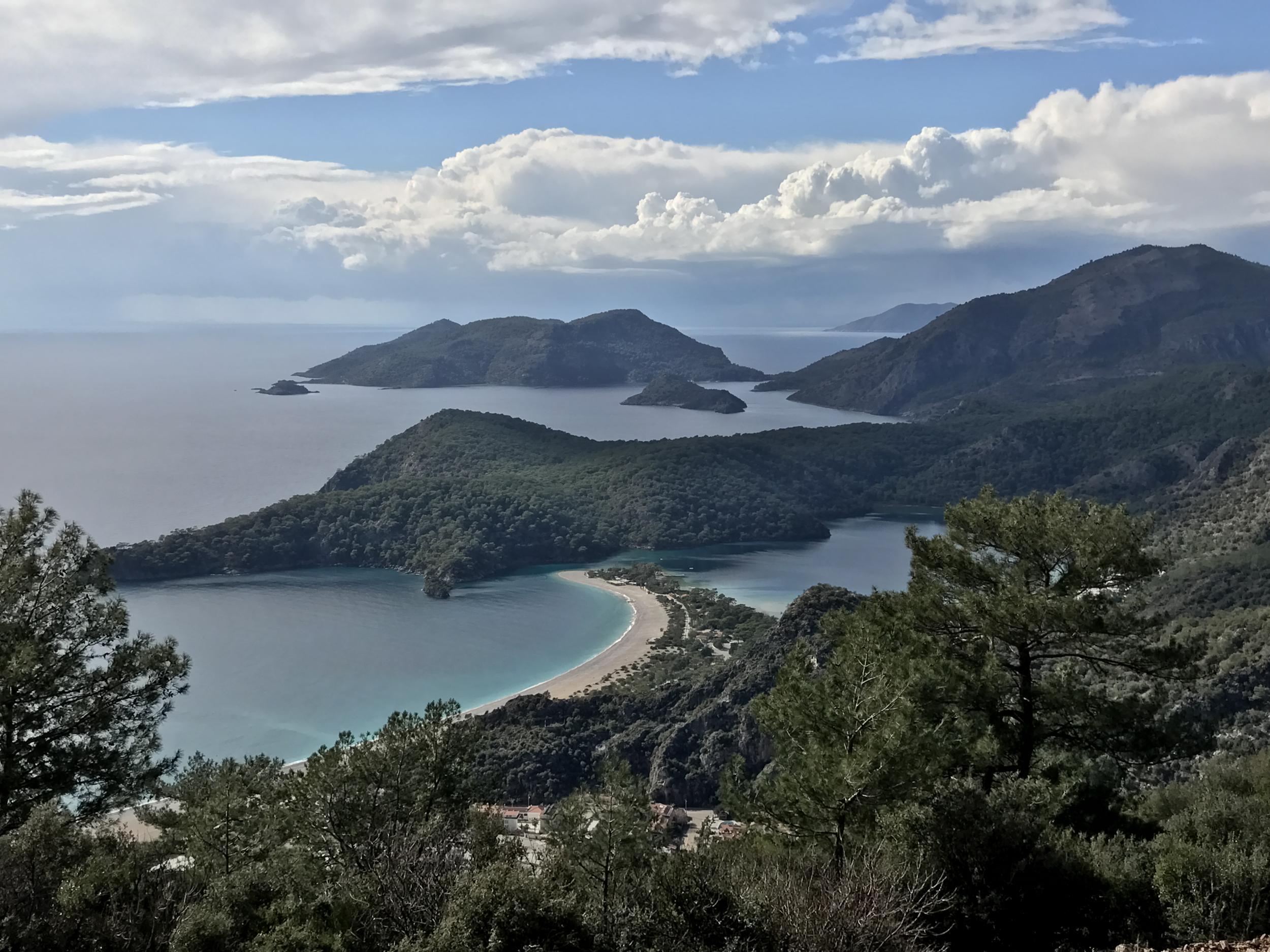
The Med: Chris Wright, managing director, Sunvil
To put it bluntly, the most important factor in developing travel trends is where tour operators and the no-frills carriers decide to allocate their flight and holiday capacity. For 2018, tour operators have poured hundreds of thousands more flight seats into Turkey because they judge that, with the fall in the value of sterling, they will make more money by operating to Turkey where accommodation is very cheap. Turkey will therefore see dramatic increases in 2018.
There will be a return to Tunisia too as the fear of terror subsides. Those returning to the Nile hoping to find it uncrowded will find the sites packed by Chinese travellers, who have been travelling there in increasing numbers over the last four years.
Meanwhile, Spanish hoteliers have raised their prices considerably as a result of the political problems in Turkey, Tunisia and Egypt over the last four years, so they won’t see increases from British clients – but they won’t mind as the Chinese, Koreans, Russians and Eastern Europeans will fill their beds.
For UK travellers, Greece and Portugal will continue to be popular because prices locally are still low, especially in Portugal. Watch mainland Greece as well, especially the Peloponnese and Macedonia. In Italy, watch Puglia.
One trend that travellers really are at the forefront of is the desire to escape overcrowded destinations. This year, the more discerning market will be travelling to the lesser known regions of Portugal like the Alentejo and Centro, while Spain will be promoting inland regions like Western Andalucia, Extremadura, Castile e Leon and Galicia as they try to move visitors away from the honeypot areas at risk of over-tourism.
Staycations: Alex Wilson, co-founder, Host Unusual
The general travel trend at the moment is for experience-based holidays, and that’s in full force when it comes to staycations – people want to stay in unique places like underground bunkers or a treehouse in the canopy. Staycation demand is up 70 per cent for us versus 2016.
Many existing glamping sites in the UK are adding new, camera-friendly accommodation like treehouses and tree tents – they have the land already, and have recognised that these types of units are being booked up for most of the year. It’s not enough just to go away, now; people want to be able to capture places that look extraordinary and post them on Instagram and Pinterest. “Hobbit houses” are also proving to be very popular – there are several due to launch in 2018 to meet demand, in areas such as Norfolk and Devon which continue to be popular for travellers.
But in 2018 people are also looking for the authentic and secluded, so we’re also going to see more remote and wilderness areas such as Snowdonia, Dungeness and Skye increase in popularity. They’re looking for places that others are unlikely to have seen yet, and which offer the ultimate in escapism from every day life.
Cruise: Daniel Townsley, CEO, Cruise1st.co.uk
I think we’ll see a rise in longer-duration cruises with more complex itineraries in 2018. For example, it’s now easy to run three sailings together: crossing the Atlantic, sailing around Canada and New England or the Caribbean, and then back again. There’s no flying involved in a trip like this, thereby cancelling out any airport security or additional travel required in order to start your holiday.
There’s a growing interest in cruises further afield in places like Asia and South America – ships are adding once-in-a-lifetime shore excursions such as trips to the Great Wall of China, meaning that the cruise becomes a smaller part of the overall holiday experience.
I’m also predicting continued huge growth in river cruising, which has exploded in popularity recently. Travellers are seek to get off the beaten path in far-flung destinations like Burma, Vietnam and Cambodia, as well as wanting to experience a higher level of immersion in the local culture which the slow travel of river cruise allows. River cruises are also less crowded – with anything from eight to 200 passengers – which provides the intimate atmosphere that many holidaymakers are looking for.
Foodie fans have made the cruise industry step it up a notch recently: more and more cruise lines will be working with celebrity chefs to provide a first-class culinary experience on board, with gastro-themed excursions provided, too.
We’ll also see the start of more sophisticated technology onboard with Virtual Reality experiences, enhanced Wi-fi at sea and the ditching of room keys in favour of a medallion or type of wrist-watch.
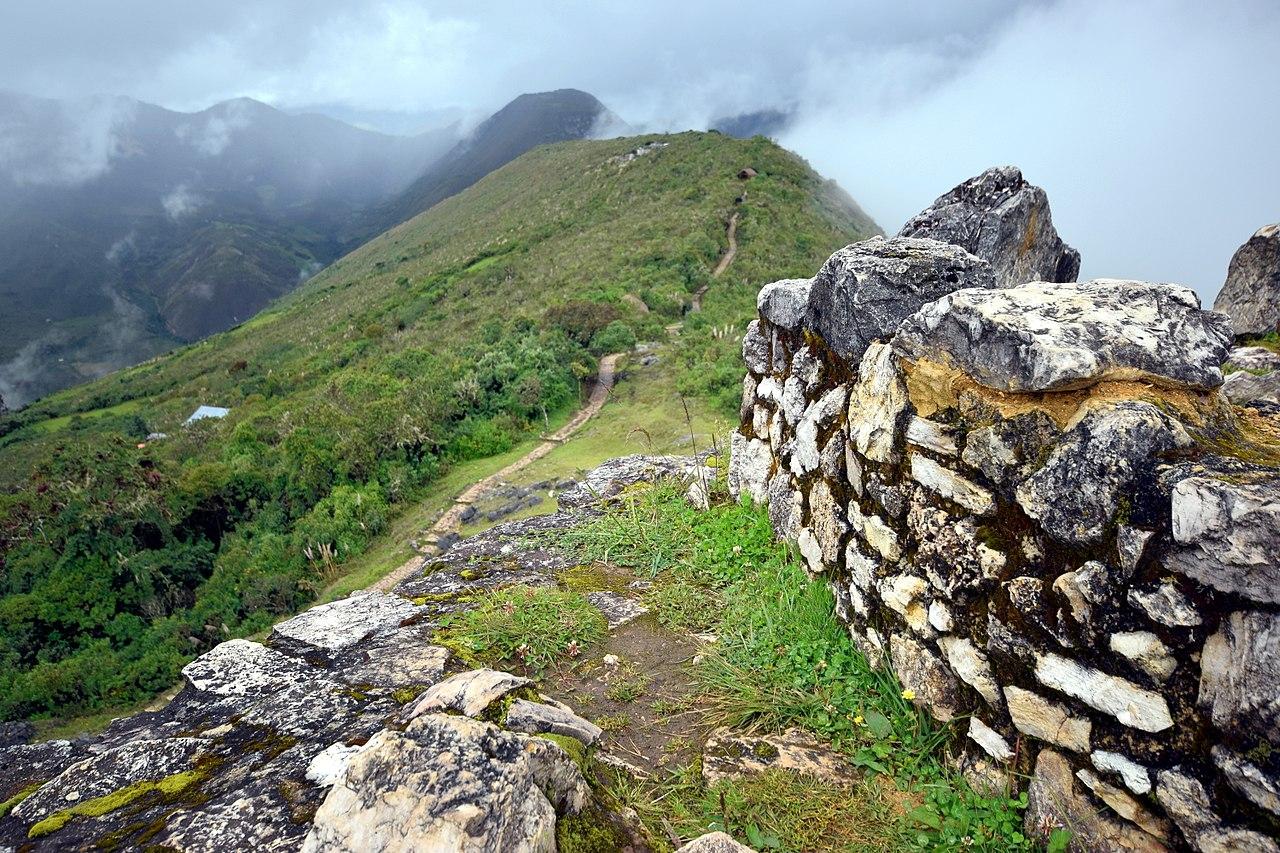
Luxury: George Morgan-Grenville, founder, Red Savannah
For 2018, there’s a clear trend towards discovery, especially places that were either relatively unknown or more difficult to access. At dinner parties or when eating out with a group of friends, it’s ‘bragging rights’ that will count – there’s no kudos to be gained by telling everyone about a mainstream travel experience.
Of huge interest for next year are places like Kuelap in Northern Peru where white-skinned and blonde-haired “cloud warriors” inhabited the Chachapoyas region. Kuelap Fortress, developed from the sixth century onwards, is larger than Machu Picchu and at its height, was lived in by some 300,000 people. It lay undiscovered until 1843 and has yet to be restored.
There’s also Nicaragua – slightly wild, woolly and unspoilt, this is a country on the cusp of being properly discovered by tourists. Go surfing at Mukul or relax at the newly opened Calala Island on the Caribbean coast, a small resort reminiscent of the Caribbean 50 years ago.
Self-catering: James Norton, marketing director, Toad Hall Cottages
A real growth trend for 2018 is the power that the mobile is playing in the booking of holidays. A couple of years ago, major purchases were limited to computers or tablets; now around 35 to 40 per cent of all holidays are booked entirely on a phone.
Once on holiday, the phone becomes a reference item – for destination ideas, places to visit or eat, maps, walks and so on – and then becomes central in piecing together their holiday story on social media. Which all means that rather than being a fallback for teenagers bored on family holidays, Wi-fi has now become one of the key requisites for anyone booking a stay at a self-catering cottage.
City breaks: Ted Wake, Kirker Holidays
I predict that 2018 is going to be a good year for Austria, and especially Vienna. Sometimes overlooked, this elegant city is celebrating the centenary of the end of the First World War – the Viennese survived the trauma and quickly re-established themselves as one of the great European cities. They will also be celebrating Viennese Modernism in 2018 (Klimt, Schiele, Wagner and Moser died 100 years ago) with a series of exhibitions, events and other activities.
Today citybreakers can enjoy a life-enhancing blend of fine art, extraordinary music in the form of world-class classical concerts and brilliant opera at the Staatsoper and Volksoper, the Vienna Boys Choir, Spanish Riding School – and a chance to dip into their unique cafe society.
Join our commenting forum
Join thought-provoking conversations, follow other Independent readers and see their replies
Comments